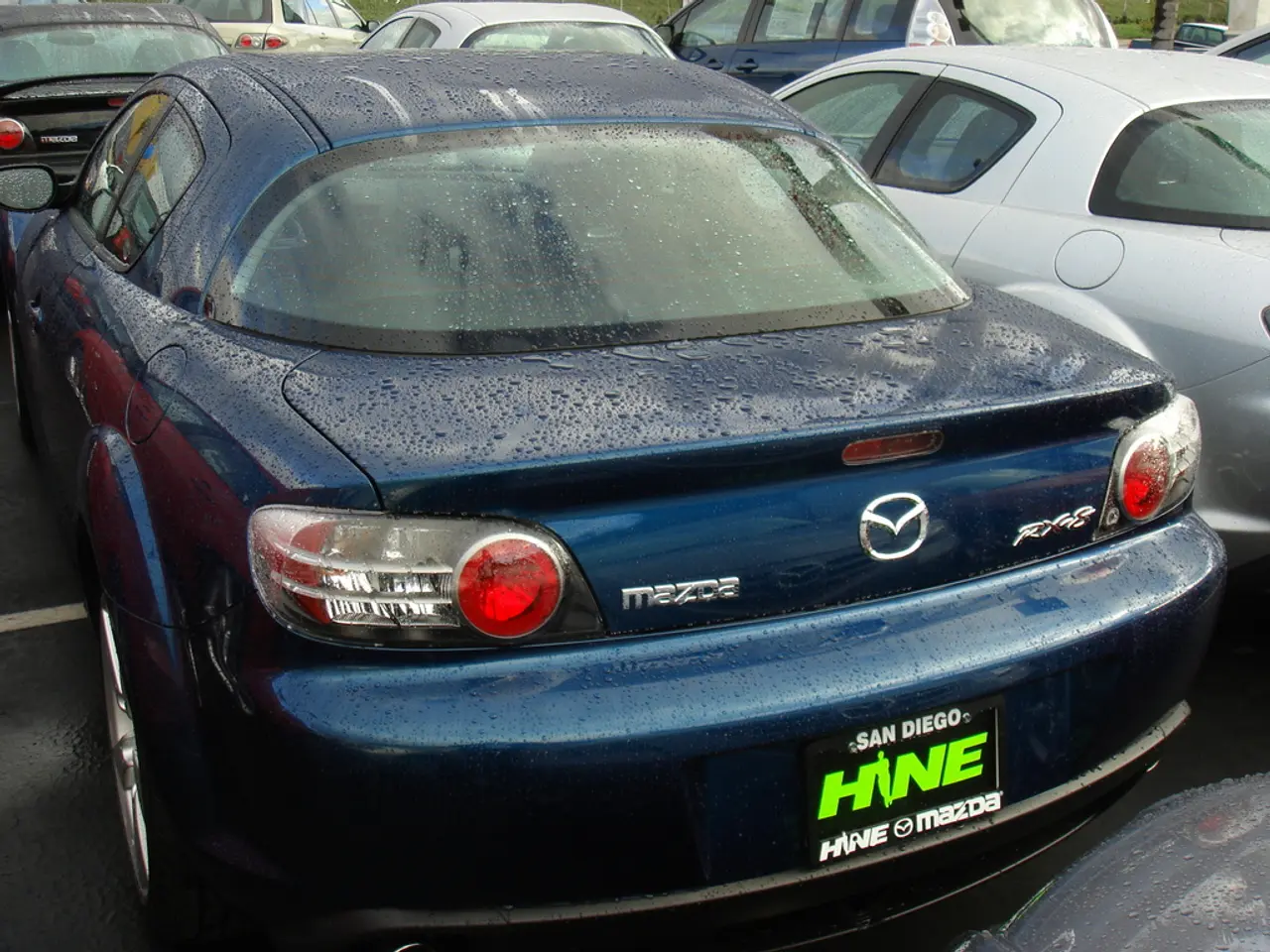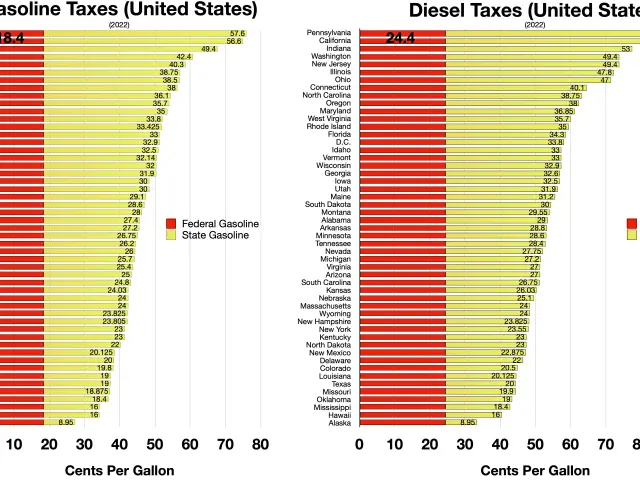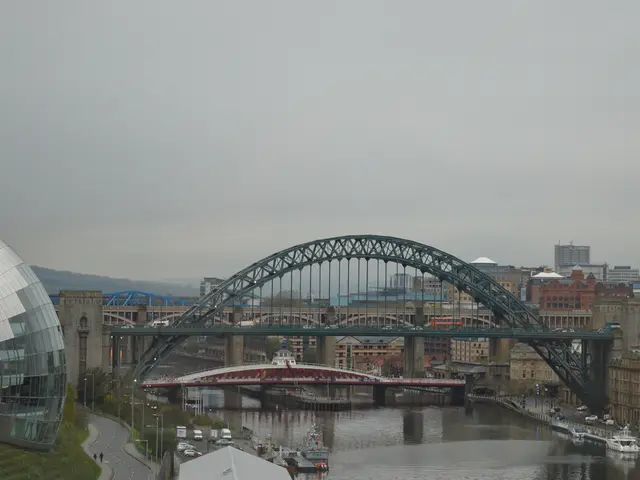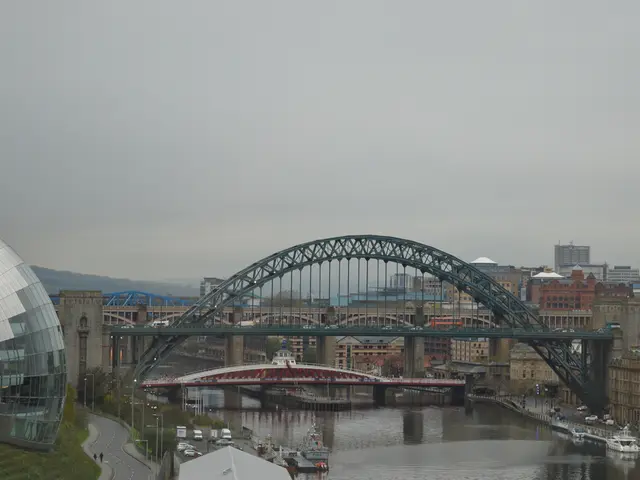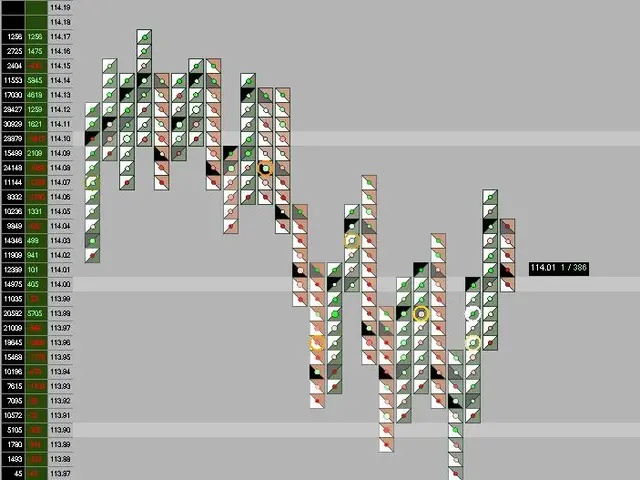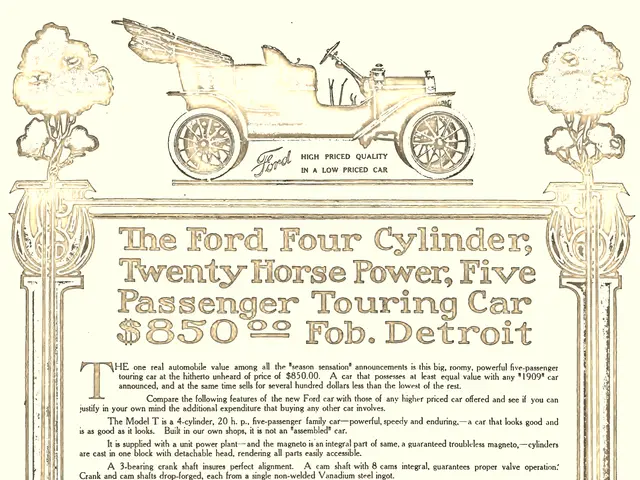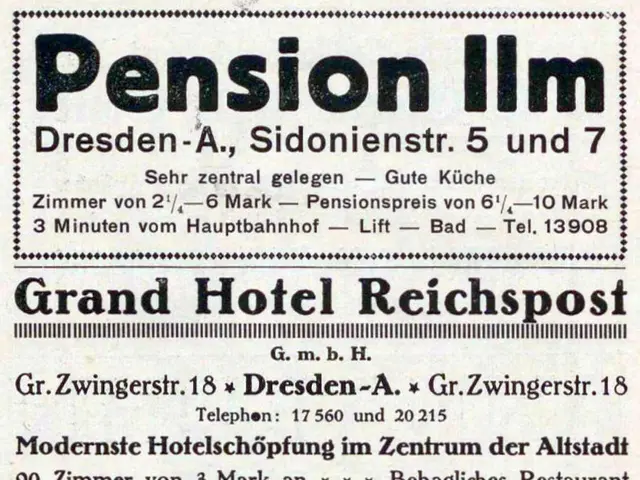CARB Proposes Emergency Action to Maintain Engine Emissions Standards
The California Air Resources Board (CARB) has proposed an emergency action to maintain engine emissions regulations, following federal attempts to roll back environmental standards. The public had a chance to comment on this move, which could see manufacturers certify engines under earlier or more stringent emissions standards until a court decision is made.
CARB's action comes in response to potential federal changes that could allow the sale of vehicles not meeting any emissions standard. The agency reported that 23 percent of new medium- and heavy-duty vehicle sales in 2024 were zero emissions, more than double the minimum requirement. This shows progress towards cleaner vehicles, with over 57,000 zero-emission vehicles sold in California since 2021.
Manufacturers can currently choose between the Omnibus Low-NOx regulation of 2020 or previous EPA levels of 2010 for school buses and trucks. However, CARB warned that opting for previous emissions levels could result in engines being out of compliance if California wins legal cases. Daimler Truck North America has filed a suit against CARB, claiming the agency must re-enact previous legislation to enforce earlier emissions regulations. Despite this, manufacturers can certify engines under either standard until a court resolves the uncertainty.
CARB's emergency action aims to preserve emissions regulations while the legal battle unfolds. The public had a chance to weigh in on this decision, which could significantly impact the cleanliness of vehicles on California's roads. The outcome of the lawsuit will determine the future of emissions standards for vehicles in the state.
Read also:
- Trump administration faces lawsuit by Denmark's Ørsted over halted wind farm project
- Police station transfer ceremony in Horb am Neckar
- Unchecked Management of HP Dams Leads to Environmental Disaster: RTI Reveals
- Rapid advancements in automotive policies worldwide fuel transition towards electric vehicles
